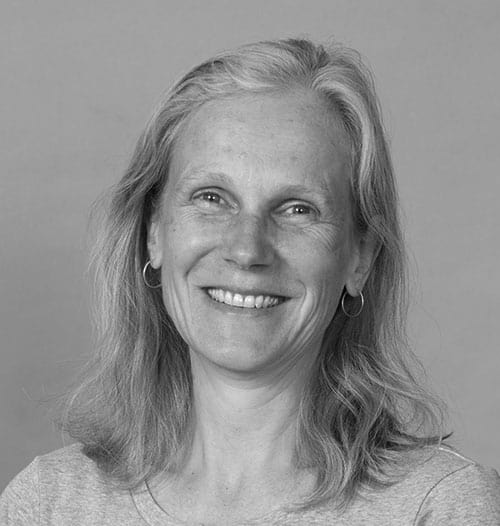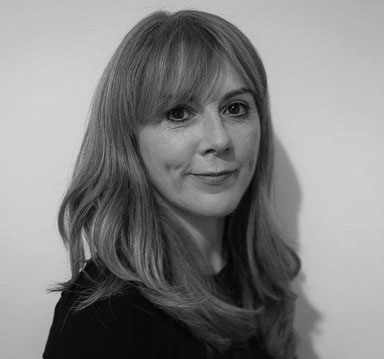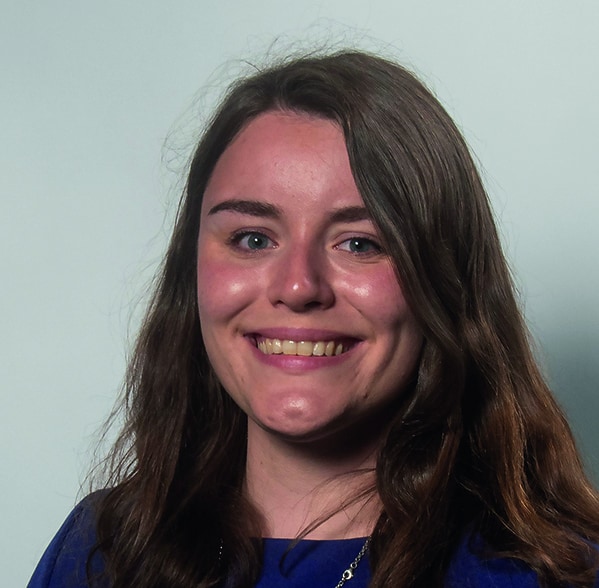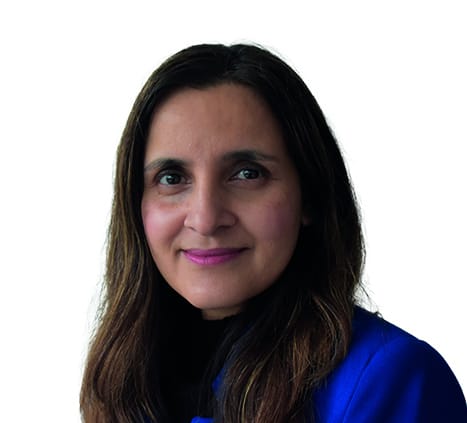Councillors reflect on International Women’s Day.
After last May’s local elections, The Fawcett Society estimated it would be 2077 before gender equality would be achieved on local councils in England.
Women make up only around 35 per cent of all councillors in England, and account for just 17 per cent of local authority leaders. The local government workforce is predominantly female (78 per cent), while only 33 per cent of council chief executives are women.
With International Women’s Day taking place on 8 March, first spoke to women councillors across the political spectrum about the issues they and their residents face, and what councils can do about them (see below).
The LGA provides a range of support to councils and political organisations looking to increase the diversity of people elected to local government, particularly through its Be a Councillor campaign (also view our Support for disabled councillors article). It also offers training and networking opportunities for councillors, including an e-learning platform and a women councillors’ development day, taking place via Zoom on 26 March. Please email [email protected] to find out more and book a place.
In the face of continuing abuse and intimidation of councillors, and particularly women councillors, the LGA and its sister LGAs in Wales, Scotland and Northern Ireland also continue to campaign for civility in public life.
Party cultures matter

Councillor Georgia Taylor is Co-Leader of the Green Party Group at East Sussex County Council
Am I imagining things, or are all the women councillors on the Zoom call either silent or, when they do speak, starting with “I might be wrong”, or “I don’t know much about this topic”?
It is May 2021 and I have just been elected, one of four Greens, and three of us are women. I find myself also using this litany of low-status signalling. I am new to this council-ing business after all, surely I know nothing, despite a successful international career working with governments and civil society all over the world?
Or could it be that the male-dominated culture in this council is slowly infiltrating my steady core?
My council has 50 councillors and 25 per cent of us are women (and not one woman of colour), up from 18 per cent pre-2021 – but still hardly near the 50:50 that we crave, and well below the 36 per cent of all UK local authority councillors.
I looked into the gender balance of local candidates by political party, and it did not look good – ranging from 18 per cent (Con) to 40 per cent (Lib Dem) and 50 per cent (Green). There are different party cultures around inclusion and diversity, but it is not just at election time that it matters – it is all the time.
Women and people of colour are more likely to join political parties and put themselves forward as candidates when they feel like they belong, are being listened to and have a legitimate place.
It’s not enough to just have the candidates – organisations have to change completely.
We need a meaningful gender mix and greater diversity overall to be at our best, and to build the regenerative culture and circular wellbeing economy that we need to thrive over the next few decades. Let’s start now.
The temerity of women

Councillor Joanne Harding (Lab) is Executive Member for Adult Social Care at Trafford Council
Over the years, I have often observed the hesitation and self-doubt that women have when they are considering standing for a role.
“Am I really political enough?”
“That person seems more qualified than I am.”
“Can I really fit this around my family?”
I recognise that each of these has applied to me at one time or another.
It doesn’t appear to work that way at all for ambitious men. It’s almost like these roles are theirs for the taking. No hesitation, no self-doubt.
While there have been many advances that have enabled women to progress in senior business and public sector roles, the same cannot always be said about politics.
Standing for office involves the navigation of arcane party processes and there are opportunities for others not to ‘play nice’ with anyone not part of the ‘in group’.
We lack the HR policies and procedures that help protect women in the workplace, for example. It can appear a very male-dominated arena by which too many women feel daunted.
When women do put themselves forward, there may even be rumblings of ‘who does she think she is?’
That’s why, with International Women’s Day’s #BreakTheBias theme, I am even more determined than ever to support women to get involved in politics.
I am asking those women (and men) already actively involved as councillors and MPs to pledge to start conversations early when you see a promising woman with political ambitions.
Tell her yes, she can. Look out for her, take her under your wing. Encourage her to question, take part in political discussions, help her navigate.
And ask her to stand.
Do more than just listen
Councillor Sophie Thornton (Lib Dem) was elected to Sheffield City Council in May 2021

Sophie Thornton (Lib Dem) was elected to Sheffield City Council in May 2021
From a young age, I was told when walking alone to call a friend, stick to main roads, wear comfortable shoes, always check behind you, and to hold my keys between my knuckles. This might sound unnecessary or strange to some, but to me it is second nature – and this experience is what I relayed when I first stood up to speak as a newly elected member of Sheffield City Council last year.
Reflecting on my first nine months as a councillor, and as we approach International Women’s Day, there have been many moments that stand out.
The highlight, however, must be when a group of young women, Our Bodies Our Streets (OBOS), brought a petition to council about improving lighting in public spaces to help women feel safer walking alone.
The ‘floodlit effect’ of harsh, white lighting causes sharp drop-offs in visibility beyond paths. OBOS presented ideas for warm, layered, inclusive lighting solutions – and it’s a move more local authorities can listen to and learn from.
Clearly, however, not everyone wants to listen. OBOS created an installation to promote women’s safety in the city’s Ponderosa Park. The sculpture was unveiled last July and sadly burnt down less than a month later.
As local councillors, we do not have all the answers. Even as a young woman, I don’t. The OBOS petition was a brilliant example of what we can do to listen – but in my nine months as a councillor so far, that new lighting in Ponderosa Park is still not in place.
Women are told often that we are being heard, but actions speak much louder than words.
Women in the criminal justice system

Councillor Ayesha Azad (Con) is Leader of Woking Borough Council
Women are in a minority in the criminal justice system, making up just 5 per cent of the prison population.
In a system designed for the majority, it is often women who are neglected and marginalised in prisons. The distinct needs of women going through the criminal justice system are seldom recognised, let alone addressed.
In the UK, most women are imprisoned for petty, non-violent offences. Many have dependent children; an estimated 17,000 children are affected by maternal imprisonment every year. The impact on their children can be lifelong and the cost to wider society huge.
To address some of these issues, the role of women’s support centres (WSCs) is vital. They work with women whose lives are affected by the criminal justice system.
This work involves helping, counselling, advising and nurturing women who have frequently experienced discrimination and deprivation, often at the hands of their husbands/partners or their family, even before entering the criminal justice system.
The women’s support centre in Woking works in partnership with Woking Borough Council. As a local council leader, I believe harnessing the knowledge and expertise of voluntary organisations, such as the WSC, helps to alleviate wider societal issues if tackled early on.
By councils and voluntary organisations coming together to recognise and address the needs of these women, with the aim of reintegrating them back into the community, the ripple effect is extraordinary and hugely impactful – helping the women and their families, but also the wider community.